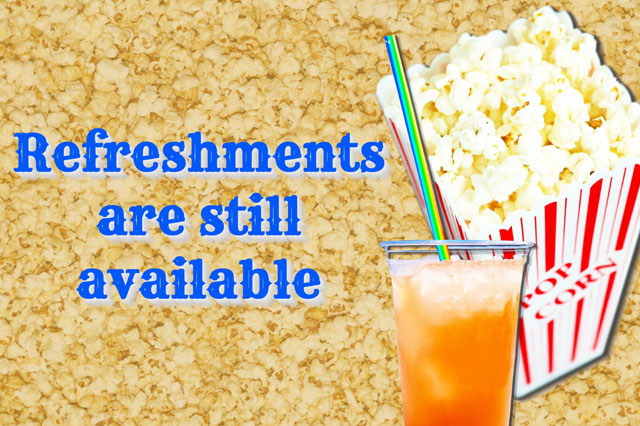
We’ve probably all experienced it. Someone asks us what television show we are watching, or book we are reading, and we wish they hadn’t. Some of us may be blushing, or stammering slightly, as we explain we know we shouldn’t like it, that it’s not very high quality or it’s somehow problematic, as if we need to apologise for enjoying it.
Justifying our joy
There is even a phrase for it—a ‘guilty pleasure’. I don’t know how many times I have noticed people acting defensively or ashamed as they talk about their current favourite song, or about the latest season of some reality television show, saying that they know it is trashy or vacuous, but that it is a ‘guilty pleasure’. I have done it myself.
Lately, though, it’s a phrase that I have tried to eliminate from my vocabulary. I caught myself attempting to justify going to see an action movie that was heavier on the special effects and explosions than it was on Shakespearean dialogue. But then I stopped for a moment and thought about what I was saying and feeling.
Gather ye rosebuds while ye may
I have nothing against sombre art-house movies that explore deep themes and the human condition. But the truth is I go to the movies to relax and forget about the worries and cares of the world. Sometimes I don’t want to have to think too much, I just want to sit back, eat popcorn and enjoy the ride—and leave the cinema with a lighter heart.
We live in a world that can often be stressful or dark, so why should we feel guilty about enjoying things that make us feel better? We certainly shouldn’t let fear of what other people think stop us from taking pleasure in life.
If we like a pop band and listening to them makes us happy, who cares that they aren’t playing Mozart, or that our favourite book isn’t by William Faulkner (not that we should practise reverse snobbery, either—people shouldn’t be made to feel bad for enjoying the classics).
Let’s not get carried away
Of course, that doesn’t mean anything goes and we shouldn’t show any discernment at all. Some pleasures don’t uplift us, but drag us down. However, the litmus test shouldn’t be, “What will other people think of me for liking this?”—sacrificing our joy on the altar of trying to impress other people.
Instead, the question should be, “Does watching/reading/listening to this make me happier, or improve my life?” If it does, perhaps we should stop feeling guilty about the pleasure it brings.
Rule of thumb
In the Bible in Philippians 4, verse 8, Paul tells us, “Finally, brothers and sisters, whatever is true, whatever is noble, whatever is right, whatever is pure, whatever is lovely, whatever is admirable—if anything is excellent or praiseworthy—think about such things.”
If we are going to apply any standard to what we enjoy, perhaps this is a far better one than worrying about what others might think of us. If a pleasure ticks any of St Paul’s boxes, then that is what matters.
.jpg) David Goodwin is the former Editor of The Salvation Army’s magazine,War Cry. He is also a cricket tragic, and an unapologetic geek.
David Goodwin is the former Editor of The Salvation Army’s magazine,War Cry. He is also a cricket tragic, and an unapologetic geek.
David Goodwin archive of articles may be viewed at http://www.pressserviceinternational.org/david-goodwin.html

David Goodwin is the former Editor of The Salvation Army’s magazine,War Cry. He is also a cricket tragic, and an unapologetic geek.
David Goodwin archive of articles may be viewed at http://www.pressserviceinternational.org/david-goodwin.html